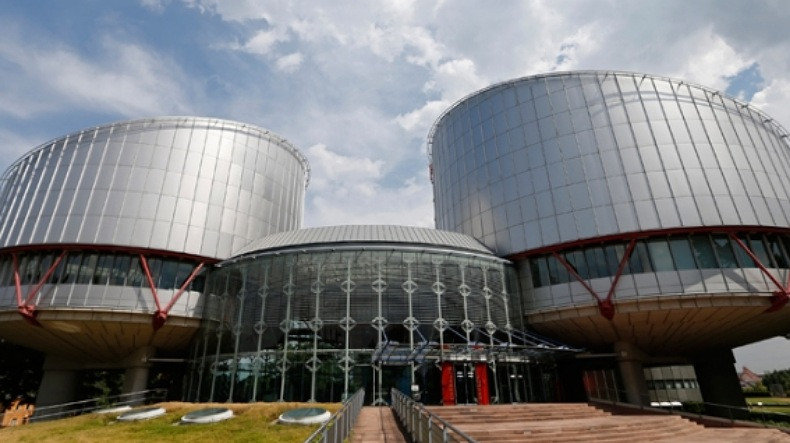
ECHR rules violation of right to life, prohibition of discrimination by Azerbaijan in Gurgen Margaryan’s case
The European Court of Human Rights (ECHR) issued a judgement in the Case of Makuchyan and Minasyan v. Azerbaijan and Hungary.
The court held that there had been a procedural violation by Azerbaijan of Article 2 (right to life) of the European Convention on Human Rights and a violation of Article 14 (prohibition of discrimination).
According to the judgement, there has been no justification for the Azerbaijani authorities’ failure to enforce the punishment of military officer Ramil Safarov and to in effect grant him impunity for a serious hate crime.
ECHR has obliged Azerbaijan to pay the applicants jointly, within three months from the date on which the judgment becomes final, £15,143. It has found no violation by Hungary.
The case concerned the presidential pardon given to Safarov murderer and his release following his transfer from Hungary to Azerbaijan to serve the rest of his sentence.
The applicants are two Armenian nationals, Hayk Makuchyan and Samvel Minasyan, who is now deceased, who were born in 1975 and 1958 respectively. Minasyan’s widow and their two children are pursuing the case in his stead.
In 2004, Makuchyan and Minasyan’s nephew, Gurgen Margaryan, both members of the Armenian military, attended an English-language course in Budapest organised by the NATO-sponsored “Partnership for Peace” programme. The course included two participants from each of the former Soviet states, including Azerbaijan.
During the course, Safarov murdered Minasyan’s nephew while he was asleep by decapitating him with an axe. He also tried to break into Makuchyan’s room before being arrested by the Hungarian police.
The Azerbaijani officer was convicted of exceptionally cruel and premeditated murder and preparation of murder and sentenced to life imprisonment by the Hungarian courts, with a possibility of conditional release after 30 years.
During the criminal proceedings Safarov showed no remorse, admitting that he had murdered Mr Minasyan’s nephew on account of his Armenian origin and because the Armenian participants in the course had provoked and mocked him.
In 2012, following a request by the Azerbaijani authorities, the officer was transferred to Azerbaijan, in accordance with the Council of Europe Convention on the Transfer of Sentenced Persons, to serve the rest of his sentence.
However, upon his arrival in Azerbaijan, Safarov was informed that he had received a presidential pardon and was released. He was also promoted to the rank of major at a public ceremony, granted a flat and paid eight years of salary arrears.
The applicants alleged that Azerbaijan had been responsible for substantive and procedural violations of Article 2 (right to life) of the European Convention on Human Rights because the attack had been carried out by an Azerbaijani military officer and because he had been granted a pardon which prevented the full enforcement of his sentence. They complained that Hungary had also violated Article 2 of the Convention by granting and executing the request for the officer’s transfer without obtaining adequate binding assurances that he would complete his prison sentence in Azerbaijan.
They further alleged under Article 14 (prohibition of discrimination) in conjunction with Article 2 that the attack had been an ethnically motivated hate crime which the Azerbaijani government had acknowledged and endorsed by granting the officer a presidential pardon and a promotion.
Related news
Newsfeed
Videos






























